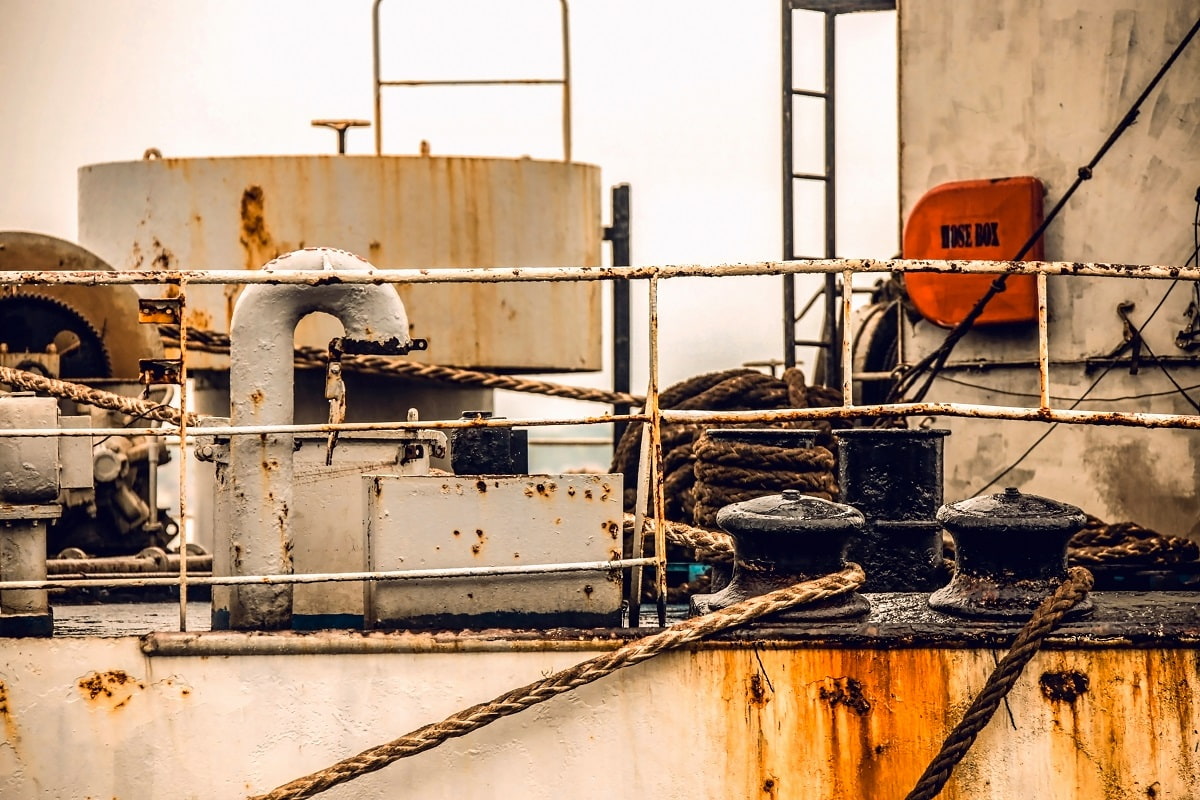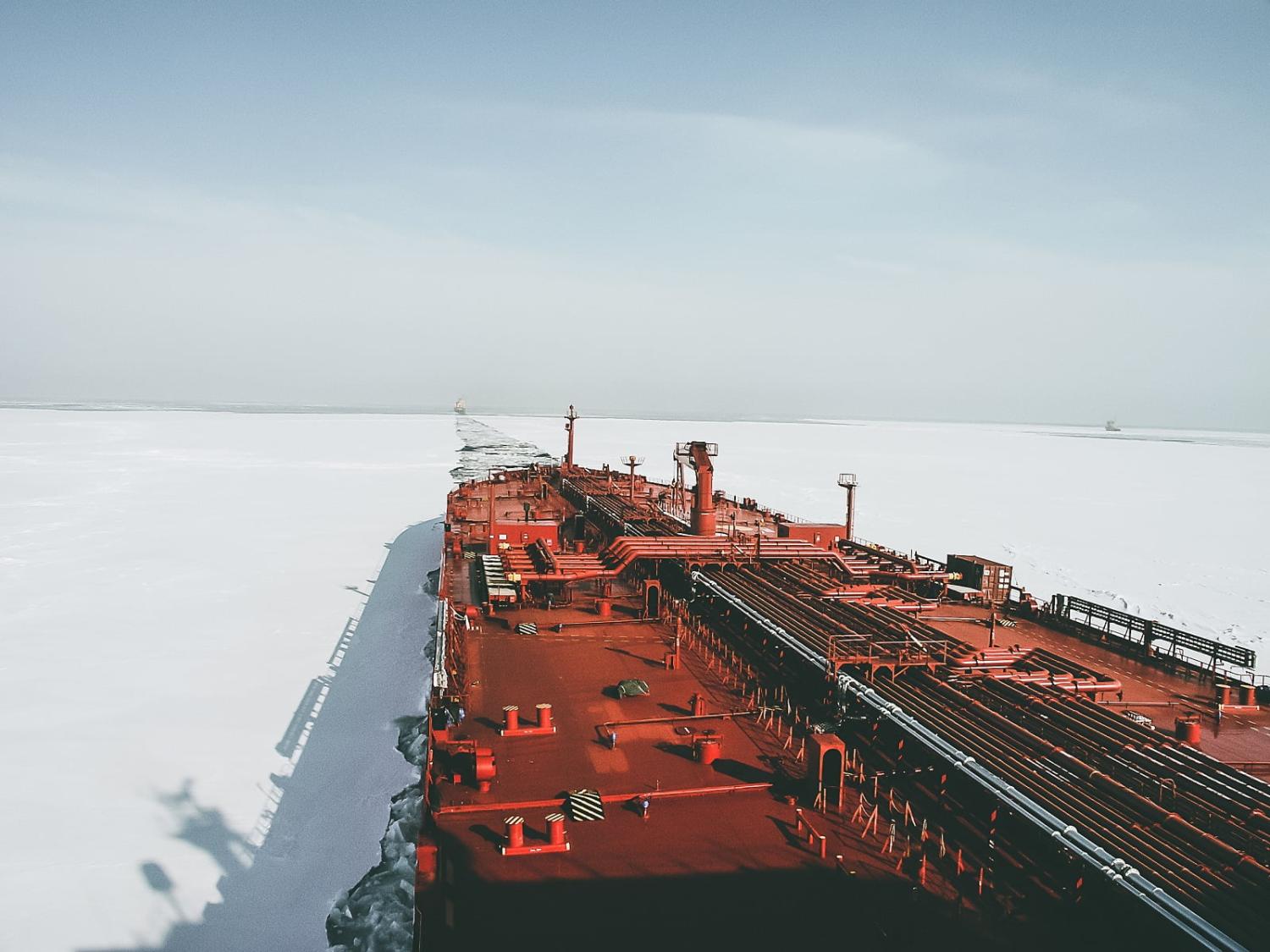Barring new evasive techniques by Kremlin technocrats, the rapid rise in Russia’s shadow tanker fleet since the Ukraine war may be reversing as pressure is brought to bear on India and other countries that have discreetly helped Russia beat oil and gas shipping sanctions.
The agency waging its own war on the shadow fleet is the US Treasury’s Office of Foreign Assets Control (OFAC) that, on pain of enforcement, is doing its best to discourage the shipping industry from any involvement with suspicious vessels.
Warnings have been issued to port authorities, ship owners and operators, flag registries, freight forwarders, classification societies and insurance firms among others about the risks of not conducting the due diligence necessary to identify “bad actors”.
As OFAC identified in an advisory to the shipping industry in October 2023, “a shadow trade has become more pronounced, often involving actors and cargos affiliated with countries and persons subject to sanctions or associated with other illicit activity”, citing irregular and often high-risk practices.
For “shadow trade”, read Russia’s new-found, sanctions-busting oil and gas armada that relies mainly on parties that are prepared to risk involvement with it for the right price. However, OFAC is tightening the noose and regularly updates its list of individuals suspected of working with shadow tankers.
Among the main culprits are Indian companies that have set up suspect shipping registries in different countries that sign up vessels that would almost certainly not be registered under a bona fide flag, according to investigations by shipping experts. And although it is land-locked, Laos has also suddenly become popular as a shipping registry.
These nations are following in the wake of Gabon in Central Africa, which is currently reflagging a fleet of tankers on behalf of Sovcomflot, Russia’s state-run shipping giant.

The abrupt emergence of Russia’s shadow tanker fleet, also called the “grey” or “dark” fleet depending on how ships operate, has created confusion in the industry as ports, commodity traders and other parties struggle to decide which ships they can legally work with and which they can’t. As Windward, a maritime risk management consultancy that has analysed the way Russia has tried to outmanoeuvre sanctions, explains, the grey fleet is a direct result of Russian oil smuggling.
“The grey fleet is a completely new phenomenon evolving from the Russian war. Overseas companies have been quickly established following the outbreak of the war to obscure vessel origins and ownership, and to appear law-abiding/non-sanctioned”, Windward stated. The consultancy estimates there is a 900-strong grey fleet carrying about 2.6 million barrels a day.
The dark fleet is even larger, up to 1,100 tankers, according to Windward’s calculations. Many of these vessels are defective and have been snapped up at highly inflated prices. They are “dark” because they sail in secret, often with automatic identification systems disabled.
Essentially, this is a clandestine fleet that breaks all the rules, including those relating to insurance.
When Europe and other long-term buyers of Russian fossil fuels ripped up contracts following the invasion of Ukraine, countries such as India, China and Türkiye jumped in as buyers of both legitimate and illegitimate cargoes out of Russia. Simultaneously, shell companies were established in Hong Kong and the United Arab Emirates to hide the true identity of the owners and operators of the clandestine fleet.
Deceptive shipping practices clearly undermine the rules of the International Maritime Organisation, which is deeply concerned about the shadow fleet. In late 2023, the organisation noted that most of the shadow fleet is composed of virtual rust buckets – “older ships including some not inspected recently, having substandard maintenance, unclear ownership and a severe lack of insurance”.
And because transfers of oil are often made at sea in ship-to-ship operations to avoid detection, there is “an increased risk of oil spill and collision”.
In short, the shadow tanker fleet routinely flouts laws and regulations designed to protect the sea and coasts – and the evidence accumulates regularly. In 2022, a giant crude carrier, Young Young, carrying Venezuelan oil, grounded off Indonesia, and in May 2023, an Iran-linked tanker, Pablo, blew up off Indonesia with the death of three crew members.
Meantime, owners of rust buckets – technically described as “vintage tonnage” – are enjoying a bonanza. According to maritime consultancy Clarksons Research, between 2021 and 2022 the price index for second-hand tankers jumped to the highest level in 15 years. In ordinary circumstances, some of these vessels would have been mothballed or broken up, but they have been snapped up for the shadow fleet.
Blacklisted Sovcomflot has become a symbol of the shadow fleet that deploys a wide variety of deceptive practices to beat sanctions. For instance, Sovcomflot has established a subsidiary called Sun Ship Management in Dubai that controls some of its fleet and, as mentioned above, it is busily reflagging other ships in Gabon.
But these tactics are not without dangers. As OFAC and other regulators move against bad actors in the shadow fleet, the risks rise for any party dealing with them.

